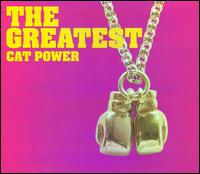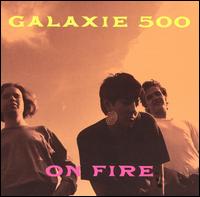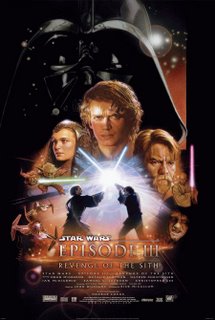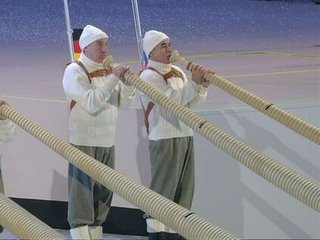
when i was in college and Quentin Tarantino's
Pulp Fiction was all the rage, a friend of mine brought around a copy of Wong Kar-Wai's
Chungking Express, which had recently been released on video in the US, backed in part by Tarantino, who was basically shitting gold at the time. i remember that back then that i was totally confused by
Chungking Express, as it really didn't follow the "rules" of American filmmaking and didn't seem to me to have a point. of course, at the time i didn't know anything about foreign or art-house film, and i haven't seen
Chungking Express since.
Amazingly, however, i have not forgotten Wong Kar-Wai. in the years since my initial exposure to Wong's work, i have heard about his movies from film critics and always put in the back of my head the fact that he was the guy who made
Chungking Express and that i might want to check some of his other films out. but as it always seems to happen, there are a mulititude of choices with limited time, and the works of Wong Kar-Wai were buried under my attempts to watch the classics of American film, the works of Renoir and the films or Akira Kurosawa. Even when we joined Netflix, i made sure to add some of Wong's essential work, but again it was buried by some of my other choices.
What am i getting at exactly? luckily for me, i'm not the only person in my house who had an interest in the works of Wong Kar-Wai. my wife had heard about Wong's
In the Mood For Love, which i had queued up, but managed to put 100+ films before it. Fortunately, her queue is a lot shorter than mine, and so on Saturday
In the Mood For Love showed up at our door.
i don't think i am ruining the film for anyone by mentioning that the plot revolves around two neighbors whose spouses have begun an affair. they turn to each other, but vow to never be like them. of course, they both want to give in, to be exactly like their spouses, but honor must be maintained. and thus, their shared agony is the driving force behind this film.
the thing i like about
In the Mood For Love is that instead of taking the easy way out and relying on the traditional look at such affairs, Wong puts his viewers in a position where they can only rely on the perspectives of his cuckolds, Mr. Chow and Mrs. Zhen. Mrs. Chow and Mr. Zhen are sometimes heard, but never seen--this prevents viewers from even the remotest possibility of empathizing with the adulterers. take this in contrast to the usual Hollywood formula employed in a movie like the Jennifer Lopez vehicle
The Wedding Planner (and yes, i know it sucks, hear me out.) in that movie, Lopez meets the perfect guy...who she ends up finding out she is planning a wedding for. of course, the structure of
The Wedding Planner demands that Lopez's character end up with Mr. Right at the end...even if it means that Mr. Right must ultimately jilt his fianceé at the end. of course, Hollywood doesn't care for the jilted bride's feelings--in fact she seems to accept her fate as "meant to be."
In the Mood For Love is not so idealistic as to accept this sort of "only in the movies" mentality. The faceless spouses are not there to get in the way of Mr. Chow and Mrs. Zhen feeling the pain of the betrayal they have experienced. you can not feel for them, only for their victims.
in the end it seems that the ties that bind are the pain and suffering we create through our relationships. to form a relationship is to know that it will end through apathy, death or betrayal. and the reason we hurt is because we valued that which we held so dear. i know how Mr. Chow and Mrs. Zhen feel and why they eventually fall in love, because they know what they have lost, and the hole it has left behind. we've all been there--the question is, do we find it rewarding to see how humans react to such situations, or to see something that happens "only in the movies?"
Five Stars (out of Five)
 let's knock two of these out in one day.
let's knock two of these out in one day.







































